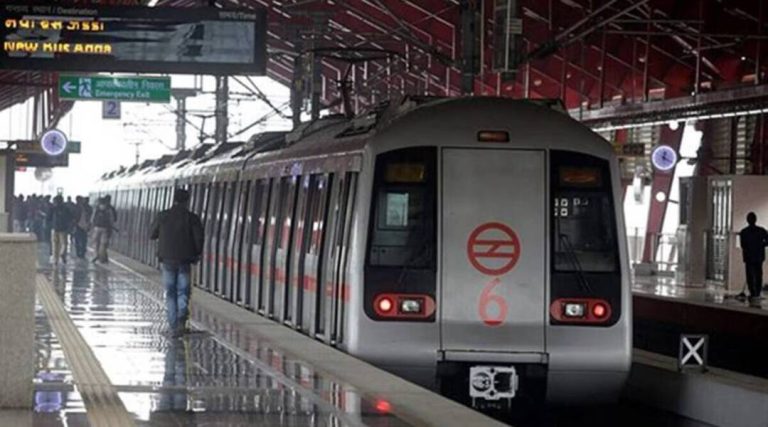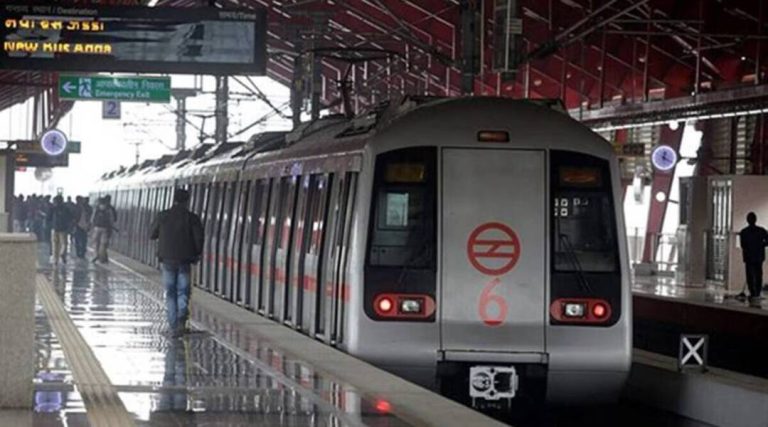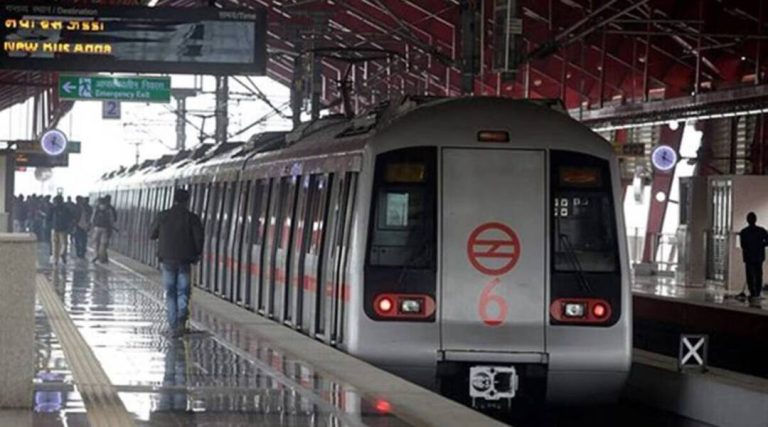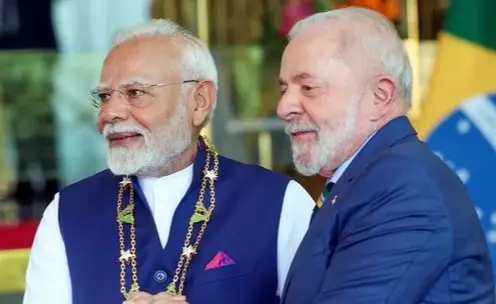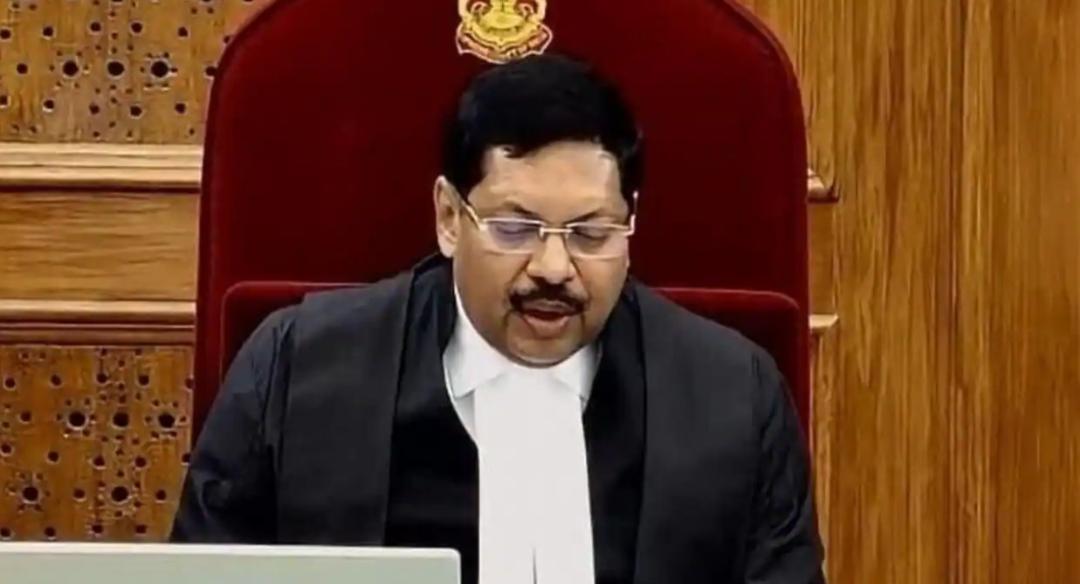
Passing ‘bulldozer order’ was my most important one: CJI Gavai
The Chief Justice of India (CJI) BR Gavai has made a significant statement, calling his judgment against “bulldozer justice” as his most important one. In a recent interview, CJI Gavai expressed his strong views on the issue, questioning the practice of demolishing houses of individuals accused or convicted of a crime. “How can a house be demolished just because a person is accused of a crime or convicted of it?” he asked, highlighting the importance of upholding the rule of law and protecting the rights of citizens.
This statement comes at a time when CJI Gavai is set to retire on November 23, and CJI-designate Justice Surya Kant will succeed him on November 24. As the outgoing CJI, Gavai’s comments on “bulldozer justice” are significant, as they reflect his commitment to ensuring that the judiciary remains a beacon of hope for those seeking justice and protection under the law.
The term “bulldozer justice” refers to the practice of demolishing houses or properties of individuals accused or convicted of a crime, often without following due process or providing adequate compensation. This practice has been criticized by many, including human rights activists and legal experts, who argue that it is a form of collective punishment that can have devastating consequences for families and communities.
CJI Gavai’s judgment against “bulldozer justice” is a significant milestone in the fight against this practice. By speaking out against it, he has sent a strong message to the authorities and the judiciary that the rule of law must be upheld, and that the rights of citizens must be protected. His statement also highlights the importance of ensuring that those accused or convicted of a crime are given a fair trial and are not subjected to arbitrary or excessive punishment.
The issue of “bulldozer justice” has been a contentious one in India, with many instances of houses being demolished without proper authorization or compensation. This has led to widespread criticism and protests, with many arguing that the practice is a form of state-sponsored violence that can have far-reaching consequences for communities and individuals.
In recent years, there have been several instances of “bulldozer justice” being meted out to individuals accused or convicted of a crime. For example, in 2022, the Uttar Pradesh government demolished the house of a man accused of throwing ink at a government official. Similarly, in 2020, the Madhya Pradesh government demolished the houses of several individuals accused of rioting during a protest.
These instances have been widely criticized, with many arguing that they are a form of collective punishment that can have devastating consequences for families and communities. The practice of “bulldozer justice” also raises important questions about the role of the state in meting out punishment and the need to ensure that the rule of law is upheld.
CJI Gavai’s judgment against “bulldozer justice” is a significant step in the right direction. By speaking out against the practice, he has sent a strong message to the authorities and the judiciary that the rule of law must be upheld, and that the rights of citizens must be protected. His statement also highlights the importance of ensuring that those accused or convicted of a crime are given a fair trial and are not subjected to arbitrary or excessive punishment.
As CJI Gavai prepares to retire, his legacy will be remembered for his commitment to upholding the rule of law and protecting the rights of citizens. His judgment against “bulldozer justice” will be seen as a significant milestone in the fight against this practice, and his statement will serve as a reminder to the authorities and the judiciary of the importance of ensuring that the rights of citizens are protected.
In conclusion, CJI Gavai’s statement on “bulldozer justice” is a significant one, highlighting the importance of upholding the rule of law and protecting the rights of citizens. His judgment against the practice is a milestone in the fight against “bulldozer justice,” and his legacy will be remembered for his commitment to ensuring that the judiciary remains a beacon of hope for those seeking justice and protection under the law.
